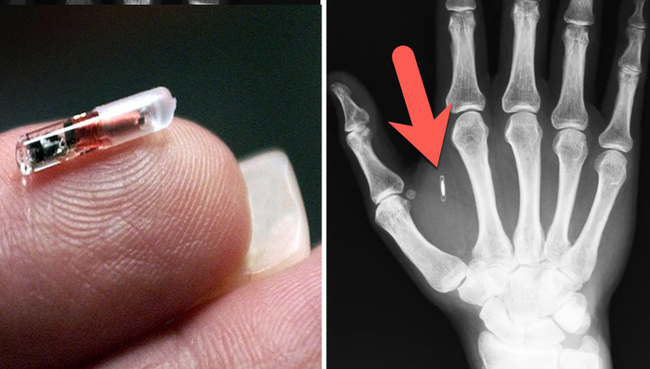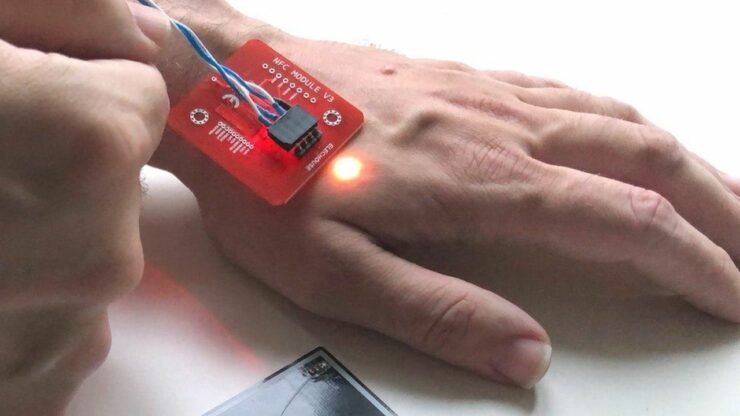The Emergence of Subdermal Crypto Wallets: A Revolutionary Innovation

The Rise of Cryptocurrencies and the Need for Secure Storage
Over the years, the cryptocurrency sector has seen exponential growth, transforming traditional payment methods. This evolution has led to an increased demand for secure and user-friendly storage solutions for digital assets. Addressing these challenges is a groundbreaking innovation: subdermal crypto wallets, championed by leading companies such as VivoKey Technologies and Dangerous Things.
How Subdermal Crypto Wallets Work
Subdermal crypto wallets represent a new form of physical cryptocurrency storage. They leverage technologies like NFC (Near Field Communication) and RFID (Radio Frequency Identification), similar to those used in smartphones, to facilitate transactions. These futuristic wallets allow users to make payments or transfer funds simply by bringing their hand close to a compatible reader.

An example of this technology is VivoKey's Apex model, which is a pill-sized device implanted under the skin using a specially designed needle. Unlike traditional wallets where private keys are stored on internet-connected phones or computers, the private key in a subdermal wallet resides within the implanted chip.
Controlled by the Satochip applet, this device supports various digital currencies. Once implanted, users of the Apex Flex can unlock electronic locks and make small payments, including cryptocurrency transactions, with ease. The implant is currently available for $349.
Implications for the Future of Cryptocurrency
Subdermal crypto wallets offer a robust defense against hacking and piracy in the cryptocurrency space. By storing the private key directly under the skin, it becomes significantly harder for hackers to access users' data. Moreover, software wallets and even some hardware wallets are susceptible to theft or loss. A subdermal implant, however, remains with the owner, thus minimizing the risk of theft or misplacement.

However, widespread adoption of this technology will largely depend on public acceptance. Implanting a non-medical device into the human body for an indefinite period raises concerns about infection risks or allergic reactions to the materials used.
Conclusion
The introduction of subdermal crypto wallets marks a significant leap in secure cryptocurrency storage solutions. While they offer unparalleled security advantages, their future will hinge on addressing medical concerns and achieving broader public acceptance. This innovative approach could fundamentally change how digital assets are secured and accessed, potentially setting new standards in the cryptocurrency industry.
Sorry, but that is not for me 😅
If the idea takes off, I can see an epidemic of criminals cutting off victim's hands and waving them under a scanner to see if they can cash out. The chips need to have "proof of life" sensors built in, and require positive input from the owners to confirm a transaction (to prevent "walk-by" transactions as can happen with contactless card payments).